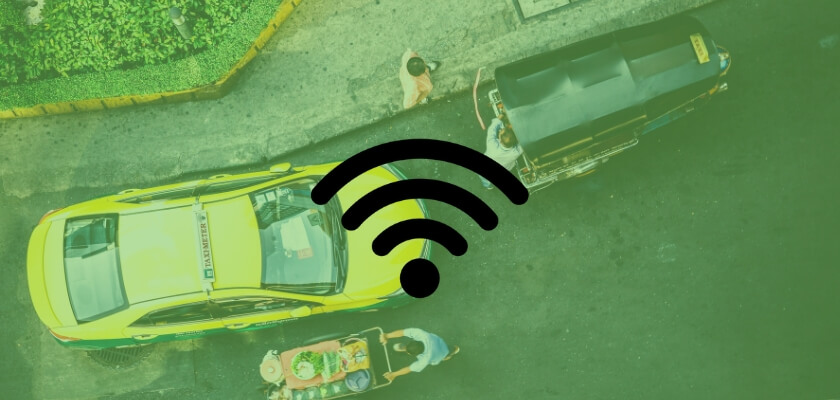An advertisement aired recently by VPN app makers, NordVPN, received a warning and was blocked by the UK’s Advertising Standards Authority for content they’ve decided is “misleading’.
The advertisement, shown on TV, depicts a smartphone user possibly connected to the subway’s public Wi-Fi. He is handing his credit card details and other sensitive data to strangers and sharing a selfie with what would appear to be the avatar of a hacker.
Nord VPN has been warned by the ASA not to repeat the claims that public Wi-Fi is not secure, definitely not so insecure as if you were literally giving out data to every person around you.
ASA is a private self-regulatory organization that “regulates the content of advertisements, sales promotions and direct marketing in the UK”, investigates “complaints made about ads, sales promotions or direct marketing”, and decides whether such advertising complies with the standards. It is funded by a levy on the advertising industry.
There were nine complaints about the advert, that was aired during the first quarter of the year.
NordVPN has defended the claims made in the ad by telling ASA that although most of the internet pages come with HTTPS encryption, this doesn’t mean “the site was legitimate, nor was it any proof that the site had been security-hardened against intrusion from hackers”.
NordVPN noted that “most public Wi-Fi hotspots were considered insecure since the majority had very primitive security parameters and non-existent or very weak passwords available to everyone.”
ASA replied that it acknowledges the fact that in a public Wi-Fi “such data threats could exist”, however it “considered the overwhelming impression created by the ad was that public networks were inherently insecure and that access to them was akin to handing out security information voluntarily.”
According to ASA, the ad created the impression that users would be exposed to a significant risk of data theft whenever they connect to a free Wi-Fi: “Because that was not the case, we concluded it was misleading”.













